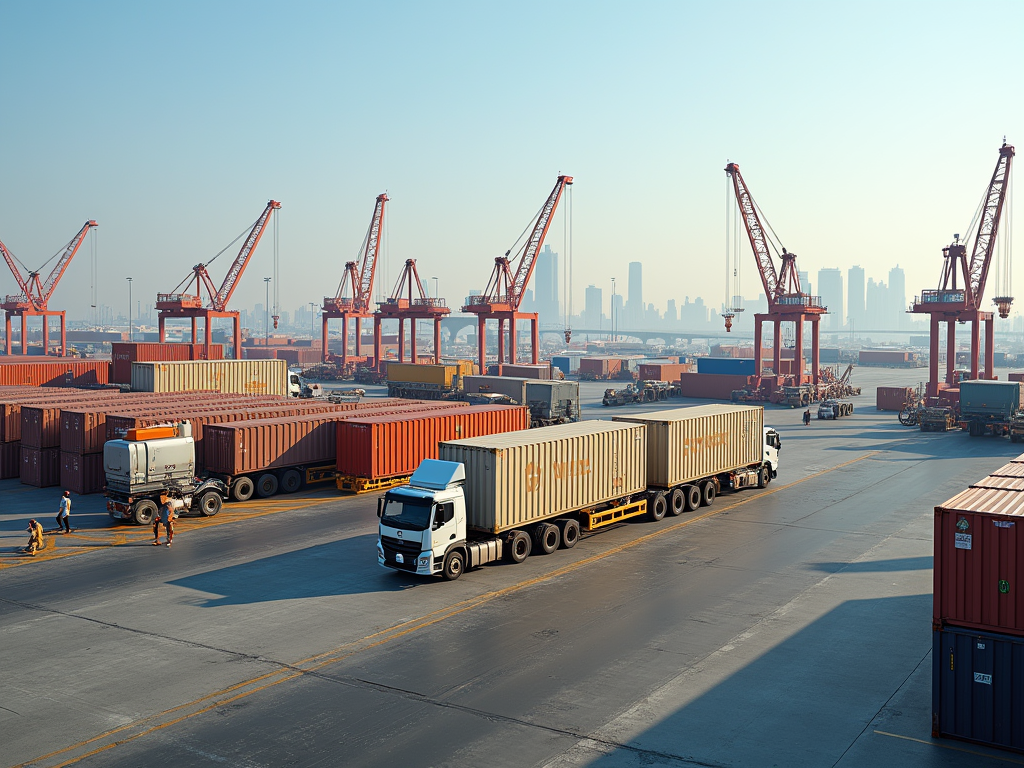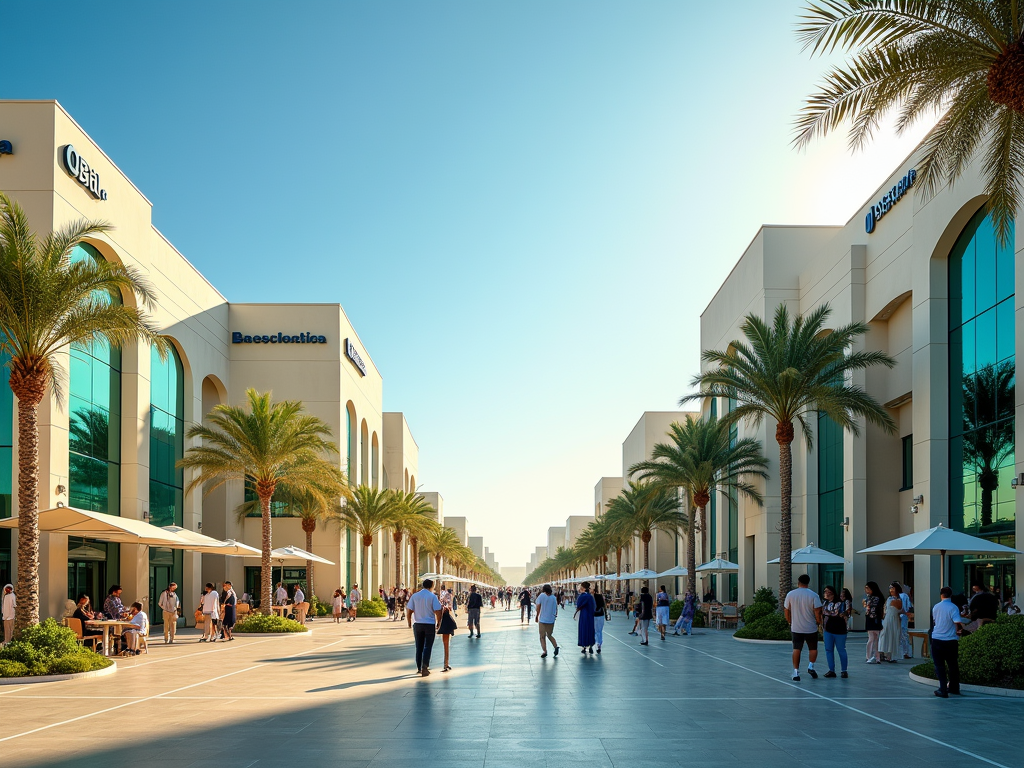Dubai’s Free Zones are designed to promote international trade and investment, providing numerous advantages for business owners. These specially designated areas allow for 100% foreign ownership, zero taxes, and easy business setup processes, making them attractive locations for entrepreneurs. In this article, we will explore the key benefits of operating within Dubai’s Free Zones, highlighting why they have become a popular option for businesses looking to enter the Middle Eastern market.
The Concept of Free Zones in Dubai

Free Zones in Dubai are specific areas where business regulations are significantly more relaxed compared to the rest of the Emirates. The primary aim is to attract foreign investors by simplifying the process of starting and operating a business. Free Zones cater to various industries, from technology and media to logistics and manufacturing. Here are some essential characteristics:
- Wholly Foreign Ownership: Unlike businesses outside Free Zones, foreign investors can own their companies entirely without needing a local partner.
- Tax Incentives: Free Zone companies benefit from a tax holiday for up to 50 years, with an option for renewal.
- Custom Duty Exemptions: Import and export goods entering and leaving Free Zones are exempt from customs duties.
- Streamlined Business Setup: The process of obtaining permits and licenses is typically quicker and more efficient in Free Zones.
- Infrastructure Support: Free Zones often provide dedicated infrastructure and services tailored to specific industries.
Key Benefits of Operating in Dubai’s Free Zones

For business owners, establishing operations within Dubai’s Free Zones provides significant benefits that can enhance growth and ensure competitiveness. Here, we delve deeper into the advantages:
1. Full repatriation of profits and capital
Business owners can repatriate 100% of their profits and capital without restrictions. This freedom allows companies to reinvest within their own businesses or repatriate returns back to their home country seamlessly. This is especially appealing for international investors who prioritize the safety and accessibility of their profits.
2. Availability of Business Support Services
Many Free Zones offer a wide array of business services such as legal, financial, and administrative support. This can significantly reduce overhead costs and help businesses focus on core operations. Additionally, many Free Zones host networking events and seminars that promote collaborations and knowledge sharing among member companies.
3. Enhanced Marketing and Branding Opportunities
Being located in a Free Zone positions a business favorably in Dubai and the broader Gulf Cooperation Council (GCC) market. Free Zones often promote their tenants collectively, enhancing visibility and attracting customers. The global commerce hub status of Dubai means businesses are well-positioned for both regional and international exposure.
4. Strategic Location
Dubai’s geographic location provides easy access to emerging markets in Asia, Africa, and Europe. Free Zones are often situated near major transport hubs such as airports and ports, making them ideal for logistics and trade businesses. This strategic proximity allows for expedited shipping times and reduced logistical costs.
5. Flexibility in Operations
Companies operating within Free Zones usually benefit from fewer restrictions regarding local employment laws. Business owners can hire internationally without the need for local labor agreements, creating a diverse talent pool tailored to their specific requirements. This flexibility contributes to improve workforce productivity and growth initiatives.
Conclusion
Dubai’s Free Zones present an attractive proposition for business owners looking to tap into the dynamic Middle Eastern market. From tax incentives and 100% ownership to strategic locations and robust support services, the benefits are abundant. As global commerce continues to evolve, Dubai’s Free Zones enhance their appeal as a conduit for international trade, making them an ideal business environment for entrepreneurs.
Frequently Asked Questions
1. What types of businesses can operate in Dubai’s Free Zones?
Dubai’s Free Zones cater to various sectors including technology, logistics, media, healthcare, and manufacturing. Each Free Zone may have specific industry focuses.
2. Is it necessary to have a local sponsor to set up in a Free Zone?
No, businesses in Free Zones can be 100% foreign-owned with no requirement for a local sponsor or partner.
3. How long does it take to set up a business in a Free Zone?
The process typically takes a few days to a few weeks, depending on regulatory requirements and the business type. Most Free Zones have streamlined processes to expedite setup.
4. Are there any limitations on the activities performed by companies in Free Zones?
Yes, Free Zone companies are generally limited to conducting business within the Free Zone and with foreign markets. They often require special licenses to operate outside the Free Zone.
5. What are the costs associated with setting up in a Free Zone?
Costs vary by Free Zone and the type of business, but generally include registration fees, office rent, and license fees. It is advisable to review the specific Free Zone’s fee structure for detailed information.
